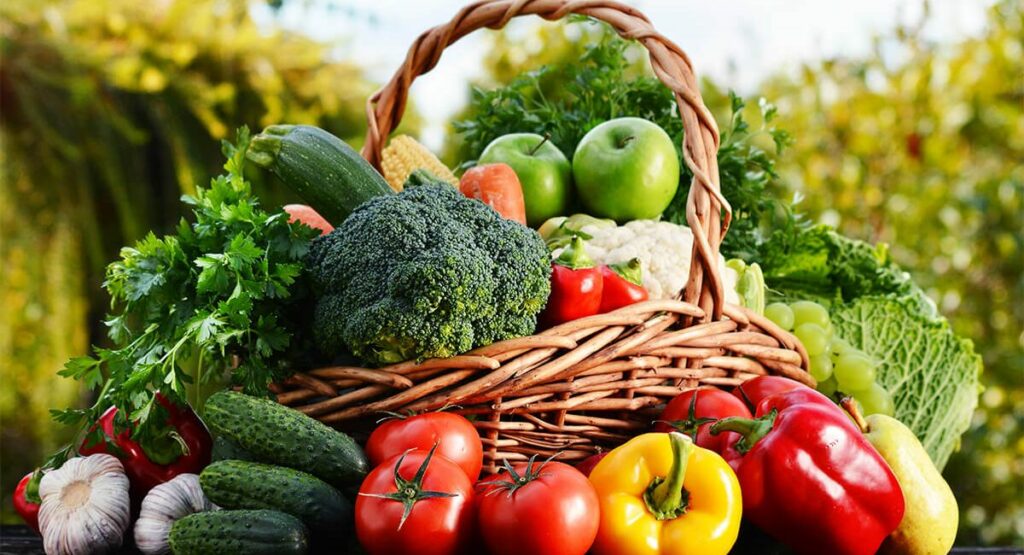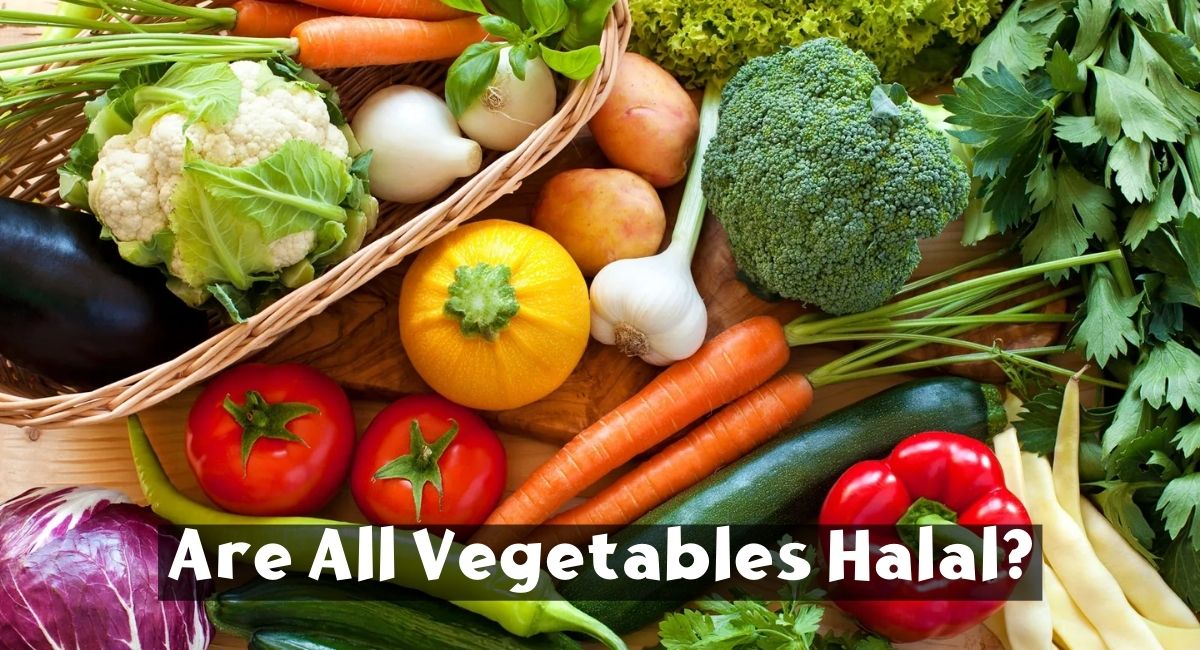The question of “Are All Vegetables Halal?” is an important one in Islam as it relates to food choices. In the Islamic faith, halal foods are those that follow certain guidelines and principles from the Quran and Sunnah. This includes a variety of animals and vegetables, with some being more strictly prohibited than others. Knowing what vegetables are halal can help followers ensure they are choosing foods that fit within their religious dietary guidelines.
In this blog, we will discuss what types of vegetables are considered halal and which ones should be avoided. We will also talk about how to determine if a particular vegetable is permissible in Islam. By the end of this article, readers should have a better understanding of the guidelines for eating vegetables from a religious perspective.
Are All Vegetables Halal

In Islamic dietary laws, “halal” refers to what is permissible or lawful to consume. Generally, most vegetables are considered halal and are allowed for consumption by Muslims.
O mankind, eat from whatever is on earth [that is] lawful and good and do not follow the footsteps of Satan. Indeed, he is to you a clear enemy.
Quran, Surah Al-Baqarah, 2:168
However, there are a few considerations:
Contamination
If the vegetable has come into contact with haram (forbidden) substances, it could become non-halal. For instance, if lettuce was cut using the same knife that was just used to slice non-halal pork, the lettuce might be considered contaminated and therefore non-halal.
Alcohol content
Some vegetables might be cooked or preserved using alcohol. For instance, a mushroom sauce might be prepared with wine. If the alcohol content is significant and not completely evaporated, it could render the mushroom sauce non-halal.
GMO and Modification
There’s ongoing debate regarding genetically modified organisms (GMO) and their status in Islamic dietary laws. For example, a tomato might be genetically modified to improve its shelf life. While many scholars believe such GMOs are halal as long as the source organism is halal, others advise caution due to potential ethical and health concerns.
Intoxicants
Any vegetable or plant that is used as an intoxicant is not permissible in Islam. Cannabis (marijuana) is a prime example. While it is a plant, its consumption for the purpose of intoxication is considered haram (forbidden) in Islam.
Intention
In Islamic dietary practices, intention plays a significant role. For example, if someone mistakenly drinks a soup that contains haram ingredients, thinking it’s halal, they are not at fault. However, upon discovering the truth, they should avoid it in the future.
Cultural practices
Sometimes, cultural practices might label certain foods as undesirable or forbidden, even if they are technically halal. For example, in certain cultures, eggplant might be avoided during specific periods or by specific groups, even though it’s inherently halal. It’s always good to be aware of local customs and traditions.
In conclusion, while most vegetables are inherently halal, how they are processed, prepared, or consumed might affect their halal status. It’s always a good idea for Muslims to consult with knowledgeable scholars or institutions if they have specific concerns about certain food items.
Dive into our is vegan food halal article to explore the fascinating world where veganism meets halal practices, and unravel the truth about the halal status of vegan food. We’ll unravel the intricate relationship between halal practices and veganism, shedding light on the halal certification process for vegan products.






